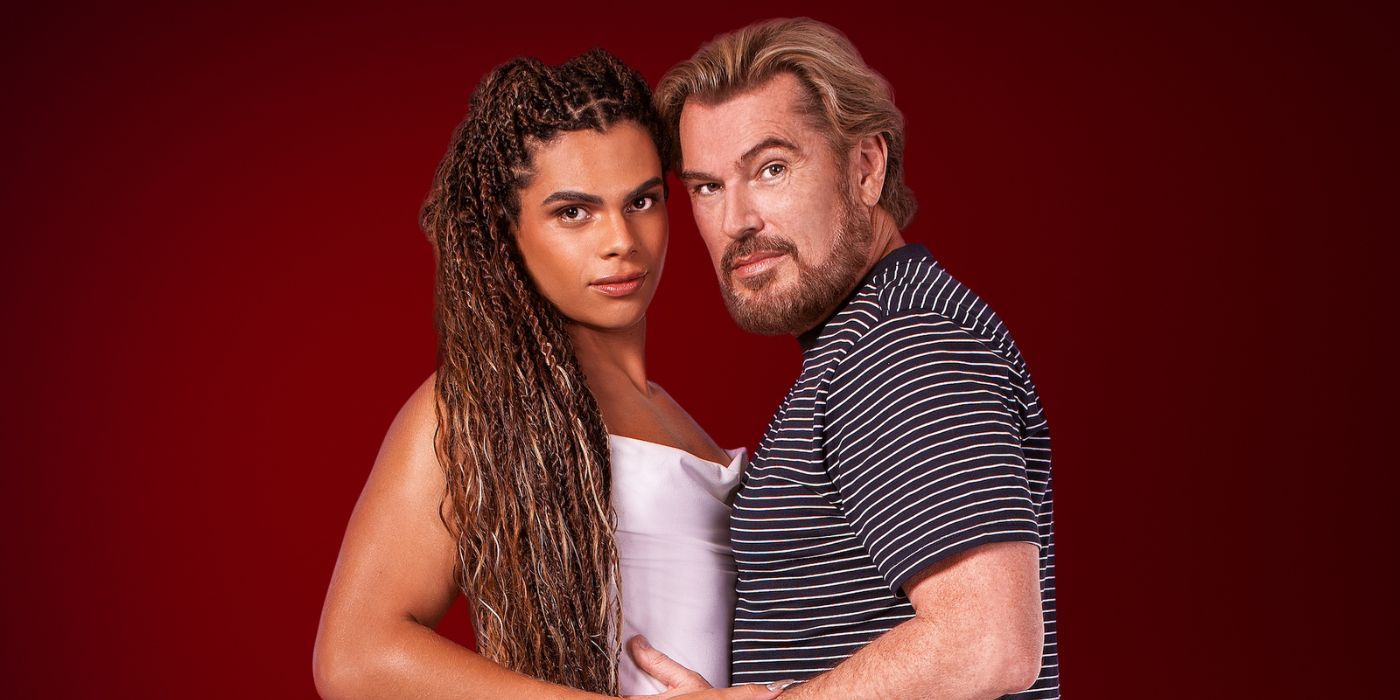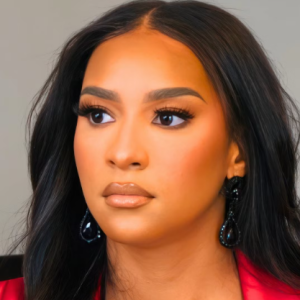90 Day Fiancé’s Crisis: Is the Franchise Losing Its Soul? Why Authentic Love, Not Manufactured Drama, Is the Key to Its Future!

The 90 Day Fiancé franchise has certainly found its rhythm, masterfully churning out two spin-offs simultaneously while consistently rotating through its various iterations over the years. This strategy has kept the content flowing and the audience engaged. However, as the series has matured and expanded, a notable and concerning shift has become increasingly apparent: it seems to have moved away from featuring genuinely authentic couples, giving the entire franchise a more “groomed” or manufactured feel. While achieving 90 weddings is undoubtedly a monumental milestone for any reality TV franchise, it can’t help but make fans reflect on the original appeal of the show. For many, including this observer, the initial allure stemmed from a raw, unvarnished look at international relationships. More specifically, it was the captivating dynamic of Loren and Alexei Brovarnik that truly ignited a deep affection for the entire K-1 visa premise.
The Authentic Charm of Early Seasons: Loren and Alexei’s Enduring Appeal

When Loren and Alexei first graced our screens in Season 3 of 90 Day Fiancé, their connection was immediately, undeniably evident. There was an instant, palpable chemistry that resonated deeply with viewers. It’s a sentiment echoed by many long-time fans: the earlier seasons of the franchise seemed to boast a higher concentration of couples with a truly authentic connection compared to the more recent iterations. These initial pairs often appeared to be genuinely, deeply in love with their partners, driven by a sincere desire to build a life together. Loren and Alexei were quintessential examples of this “initial crew.” It’s genuinely difficult to forget the profound impact Alex and Loren had on screen; their relationship was characterized by what could only be described as that “puppy dog,” high school type of love – innocent, intense, and deeply endearing. They embodied the genuine hope and vulnerability that drew so many to the show in its formative years. Their ability to showcase their evolving connection, even years later, remains a testament to their authentic bond, standing out amidst a landscape increasingly dominated by less genuine portrayals.
Despite the criticisms about diminishing authenticity, 90 Day Fiancé surprisingly boasts a high success rate for its featured couples, often much higher than one might expect given the inherent challenges of the K-1 visa process and the pressures of reality television. However, this statistical success doesn’t always translate to happy, healthy, or exemplary relationships. Not all couples are happy and healthy or prime examples of what a blossoming family should be. For instance, Libby Potthast and Andrei Castravet are still together, and while their dynamic is undeniably entertaining – a clear boon for reality TV – they are certainly not the first couple to spring to mind when one considers 90 Day Fiancé franchise “role models.” Their relationship, often fraught with family drama and power struggles, serves more as a source of chaotic entertainment than aspirational partnership. In stark contrast, Loren and Alexei manage to showcase both the ups and downs of their relationship in a remarkably tasteful way, striking a balance between genuine emotion and respectful portrayal that makes them incredibly relatable and admirable.

The Franchise’s Future: A Call for More Real Love, Less Manufactured Drama
Overall, the 90 Day Fiancé franchise has undeniably come a long way since its inception, expanding its universe and solidifying its place in the reality TV landscape. However, for its continued success and to regain the heartfelt connection it once fostered with its audience, couples like Loren and Alexei are exactly what the series needs more of. The current trend of featuring personalities like Shekinah and Sarper – often perceived as overly performative or driven by external validation – seems to be “getting played out.” Viewers are growing weary of the manufactured drama and less genuine interactions that prioritize spectacle over substance.
In contrast, other couples, though perhaps not as heavily featured, have still managed to capture the essence of what made the original series so compelling. This observer found Stevi Nichole and Mahdi Jahromi to be far more enjoyable, precisely because they seemed to possess the most genuine connection out of all their featured counterparts. Their authenticity stood out amidst a sea of contrived narratives.
Ultimately, the original series of 90 Day Fiancé had more of a “docuseries feel” to it, offering a raw, unscripted glimpse into the complexities of international romance and immigration. It was this grounded reality that initially captivated audiences. If the franchise were to reintroduce more couples who embody this authentic spirit, much like Loren and Alexei, or even revisiting the early days of Russ and Paola Mayfield (who, despite their later controversies, started with a visibly genuine connection), the series could undoubtedly achieve even greater milestones. The sentiment suggests that a return to showcasing genuine love stories, with all their inherent challenges and triumphs, rather than leaning heavily into exaggerated drama, is the key to the franchise’s longevity and perhaps, its ability to reach an impressive 180 weddings, signifying true, enduring success built on a foundation of authentic relationships. The audience craves realness, and the future of 90 Day Fiancé may well depend on delivering just that.





